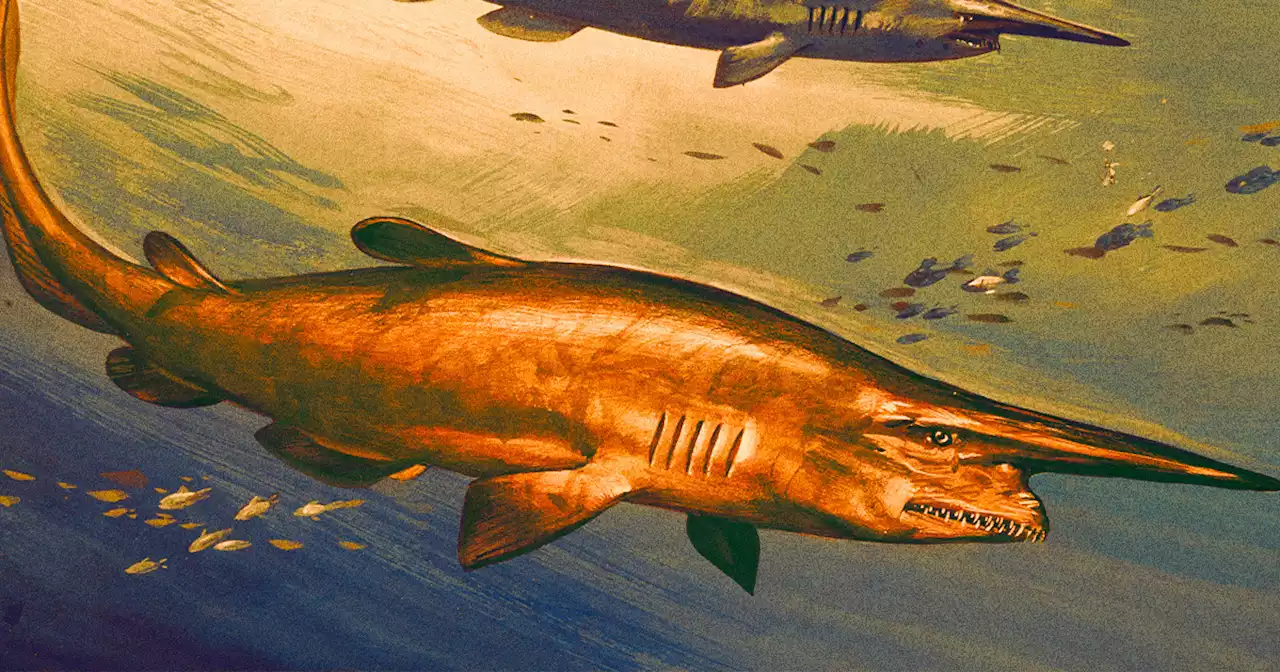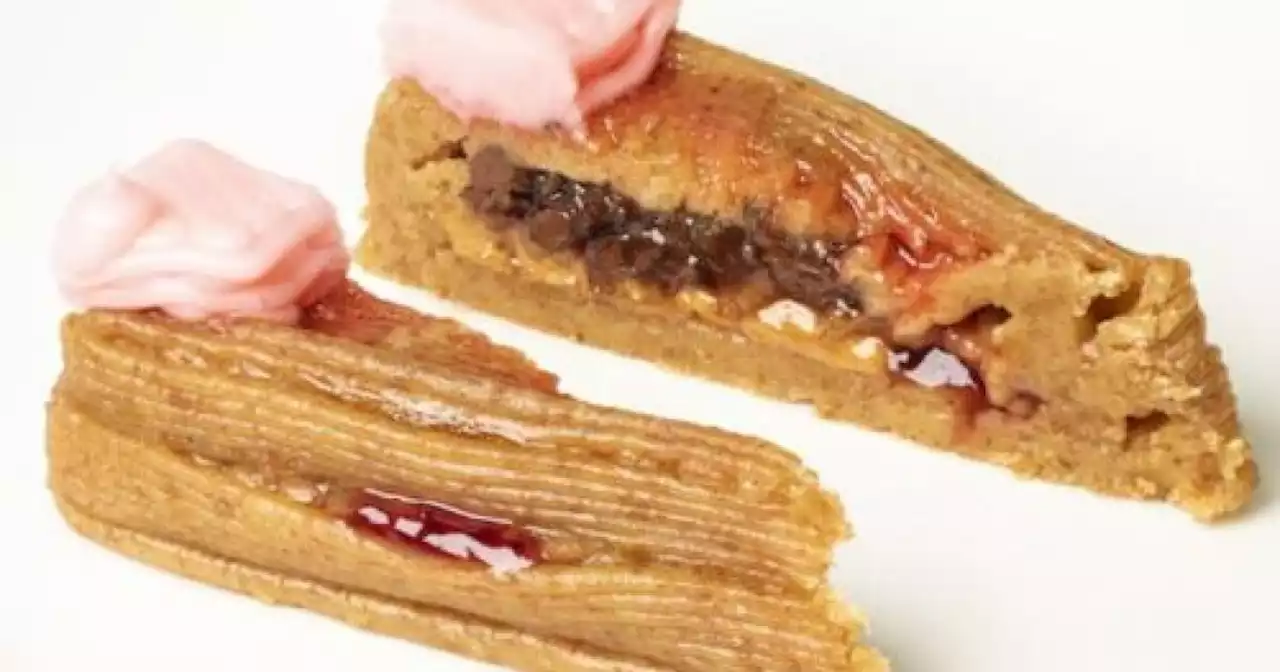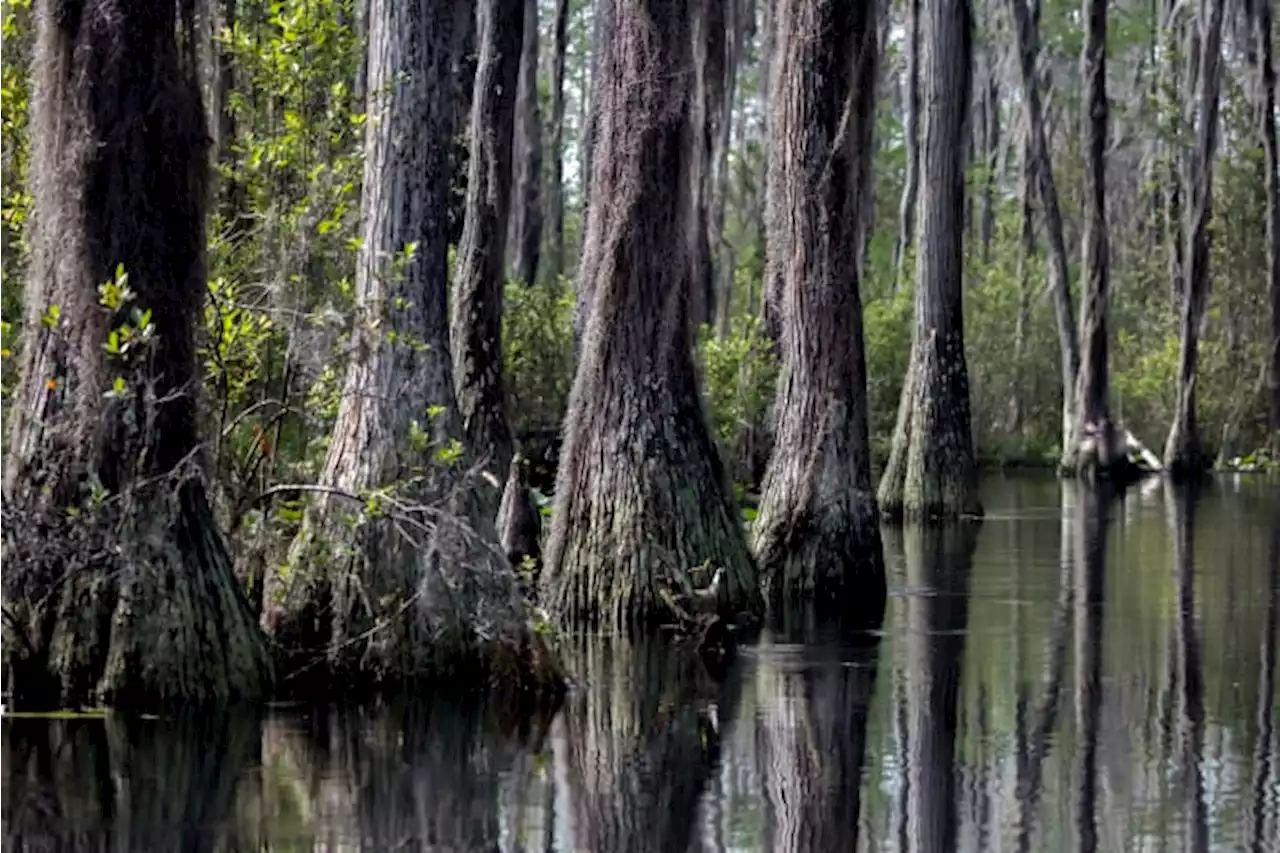Scientists have created mice with two biologically male parents for the first time - a significant milestone in reproductive biology.
The team, led by Katsuhiko Hayashi, a professor of genome biology at Osaka University in Japan, generated eggs from the skin cells of male mice that, when implanted in female mice, went on to produce healthy pups, according to research published March 15 in the peer-reviewed journal Nature.
This process of genetic engineering, which introduces specific genes to create cells that mimic embryonic stem cells, was pioneered by Nobel Prize-winning scientist Shinya Yamanaka. "This study is particularly neat because it takes advantage of errors that are known to occur during culture of XY cells, which lead to loss of the Y chromosome and subsequent gain of a second X chromosome, resulting in XX cells that are capable of generating live offspring," said Rod Mitchell, a professor of developmental endocrinology at the MRC Centre for Reproductive Health at the University of Edinburgh in Scotland, in a statement. He wasn't involved in the research.
"It difficult to produce babies from male-male couples because of both technical and ethical reasons," Hayashi said. "But it is theoretically possible to produce babies from male-male couples, as shown in this study."
United States Latest News, United States Headlines
Similar News:You can also read news stories similar to this one that we have collected from other news sources.
 Scientists May Have Gotten Duped Into Thinking Collectible Figurine Was Ultra-Rare SharkWhat should've been a career high discovery of a goblin shark in the Mediterranean might be nothing but shoddy science and a prankster's plastic.
Scientists May Have Gotten Duped Into Thinking Collectible Figurine Was Ultra-Rare SharkWhat should've been a career high discovery of a goblin shark in the Mediterranean might be nothing but shoddy science and a prankster's plastic.
Read more »
 Scientists say mine plan claiming no swamp harm has errorsScientists for the federal government say documents that Georgia state regulators relied upon to conclude a proposed mine won't harm the nearby Okefenokee Swamp and its vast wildlife refuge are riddled with technical errors
Scientists say mine plan claiming no swamp harm has errorsScientists for the federal government say documents that Georgia state regulators relied upon to conclude a proposed mine won't harm the nearby Okefenokee Swamp and its vast wildlife refuge are riddled with technical errors
Read more »
 Scientists use 3D printer to make cheesecakeYou’ve likely heard of 3D printing for things like medical devices, homes or this bridge in Amsterdam — but did you know you can also print real-life, edible food?
Scientists use 3D printer to make cheesecakeYou’ve likely heard of 3D printing for things like medical devices, homes or this bridge in Amsterdam — but did you know you can also print real-life, edible food?
Read more »
 Scientists say mine plan claiming no swamp harm has errorsScientists for the federal government say documents Georgia regulators relied upon to conclude a proposed mine won’t harm the Okefenokee Swamp and its vast wildlife refuge contain technical errors and “critical shortcomings” that render them unreliable.
Scientists say mine plan claiming no swamp harm has errorsScientists for the federal government say documents Georgia regulators relied upon to conclude a proposed mine won’t harm the Okefenokee Swamp and its vast wildlife refuge contain technical errors and “critical shortcomings” that render them unreliable.
Read more »
 Scientists uncover startling concentrations of pure DDT along seafloor off L.A. coastNew: Scientists have confirmed that much of the DDT dumped decades ago in Southern California coastal waters near Catalina Island remains in its most potent form in startling high concentrations, spread across a wide swath of seafloor.
Scientists uncover startling concentrations of pure DDT along seafloor off L.A. coastNew: Scientists have confirmed that much of the DDT dumped decades ago in Southern California coastal waters near Catalina Island remains in its most potent form in startling high concentrations, spread across a wide swath of seafloor.
Read more »